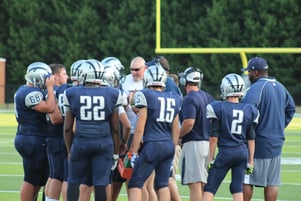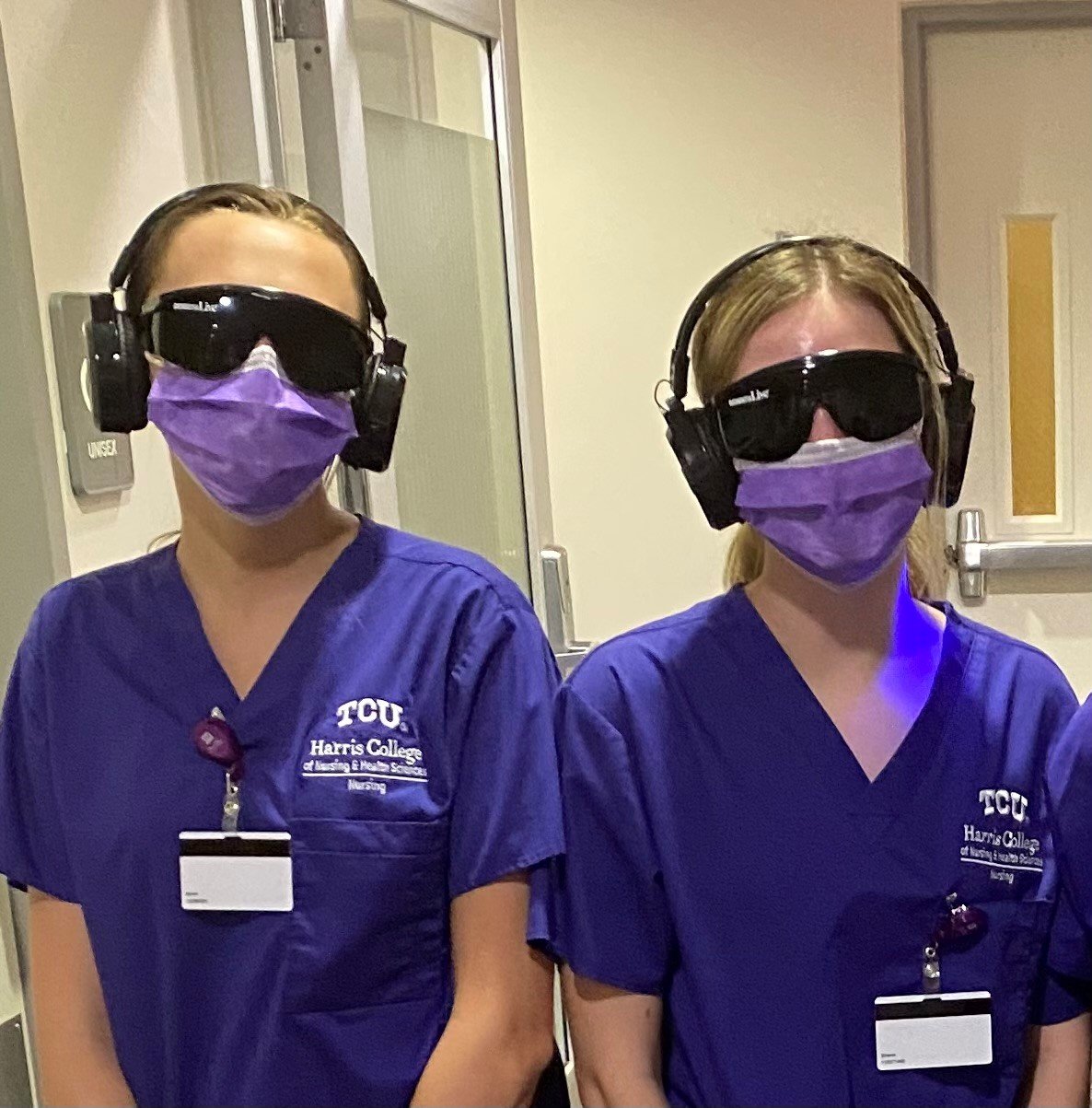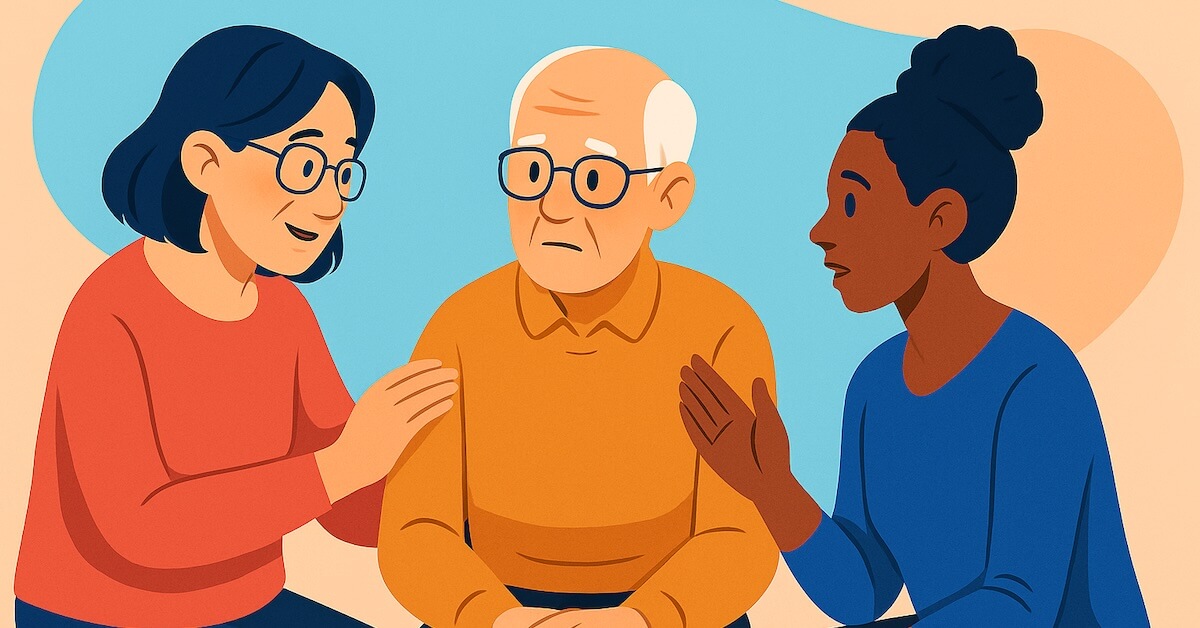10 Characteristics of a Successful Dementia Training Coach

With NBA's basketball season in full swing and NFL's Superbowl around the corner, no one doubts the incredible impact a good coach has on developing both the physical and mental strengths that lead to the success of sports teams. Today, coaches are proving their value in a diversity of areas: Whole Life Coach, Communications Coach, Wellness Coach, Career Coach, Weight Loss Coach, Business Coach, and even Relationship Coach.
Let's look at the definition of a coach:
A person who instructs or trains a performer or team
What is Coaching?
A form of development in which an experienced person supports a learner in achieving a specific goal by providing guidance
A good coach will teach, guide, direct, encourage, motivate, and steer their team to attain what seems unattainable - even winning an amazing victory! You can't get the WIN without a great coach!
 What Makes a Great Coach?
What Makes a Great Coach?
According to The Olympic 364, here are 10 characteristics that form a great coach:
-
Understanding the Sport
Understanding Dementia is, first and foremost, critical to leading a successful dementia training initiative within any organization. You can't teach what you don't know, right? So start with a strong foundational training that will help you and others understand what it might be like to live with dementia, and you are off to a good start.
-
Eagerness to Learn
Curiosity is an excellent asset for any successful coach. Like sports, the quest to gain wisdom and expertise in the world of dementia must be ongoing and come from a place of caring and compassion.
-
Sharing Knowledge
Ah! This is where your own spirit of learning can spill over to your team or those you are helping. Passion can be contagious! The more you know, the more you will want to share with others. It's definitely a domino effect!
-
Motivational Skills
Great coaches know how to motivate and inspire others because they work at it. Having great tools in your dementia training toolbelt helps. Tips and techniques, huddle, and implementation guides are resources that quality dementia training programs include. Coaches should not have to reinvent the wheel so to speak.
-
Knowing the Athlete
Knowing your team members and what drives them will help you hone your leadership skills as a coach. Do you know what kind of learner they are? Do they respond best to experiential learning followed by written tips and techniques, or is video content more effective? Do they learn best in one-on-one skill building or in a small group setting? Does your dementia program offer a variety of cross-learning tools that are readily available?
-
Communication
Effective leaders continuously work on improving communication skills! And coaches can't lead and champion a dementia program without the tools to effectively communicate with their teams and provide the tools need to improve outcomes and quality care.
-
Listening Skills
Good communication starts with listening to others. Empathy training is a critical skill and should be included in a high-standard dementia training program. YES - empathy is a skill that a great coach can teach as long as they have the tools to effectively share with others. I talked about the importance of a foundational tool that helps others better understand dementia. The next step is to teach care partners to be empathetic. These two skills are core principles in building a quality care team.
-
Discipline
Discipline allows you to set high standards for what is expected and hold people accountable for the choices they decide to make every day. Leaders set the standards for themselves and their teams. The standards align with your organization's goals. I would add that discipline takes continual practice and learning in developing empathetic, skilled dementia care teams.
-
Leading by Example
Coaches are responsible for setting the standard for others. How can quality dementia care program initiatives help coaches lead by example? With provider support, continued opportunities to learn and grow together.
-
Commitment and Passion
The last and my personal favorite! Great coaches will embrace transformative programming, innovative learning, and quality partnerships simply because it will propel them to be more committed and passionate leaders, learners, and team builders.
From great dementia training coach to exceptional champion – stay tuned in our next blog.


